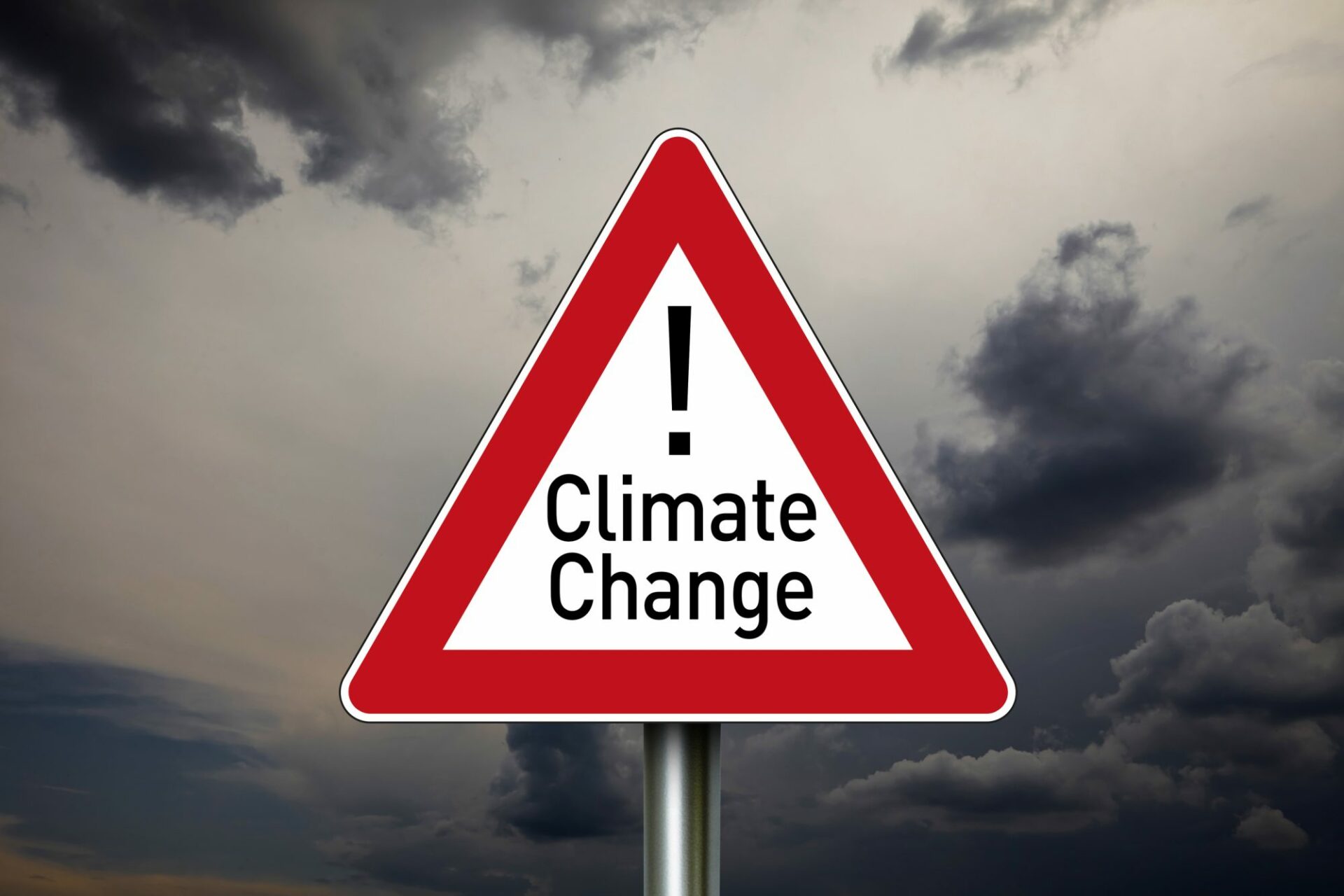Every five years, the Intergovernmental Panel on Climate Change (IPCC) publishes reports that represent the consensus of the world’s scientists on climate change, its causes, and its effects. The report from the previous year focused on the key causes of global warming and the fundamental concepts of climate science.
Two significant reports followed this year: one in February on how the world will need to adapt to climate impacts, from rising seas to disappearing animals, and another in April on strategies to reduce emissions that contribute to global warming.
Delegates at the COP27 meeting in Egypt held recently could use decades of evidence on rising trends provided by the U.N. climate science agency to guide their decisions.
There are some conclusions from these reports
Humans are to blame for climate change
According to the assessment of the physical causes of climate change from last year, people are solely to blame for global warming. Additionally, it warned that global warming was perilously near to becoming out of control. Weather extremes that were once uncommon are now increasingly frequent, and some locations are more vulnerable than others.
The authors of the report demanded immediate action to reduce methane for the first time. The IPCC had previously concentrated on carbon dioxide, the most prevalent greenhouse gas.
The scientists claimed it was important to consider the advantages and disadvantages of geoengineering, or extensive interventions, such as injecting particles into the atmosphere to block off solar radiation, because there is a limited amount of time left to stop runaway climate change.
The research stated that all countries, even the richest ones, needed to begin preparing for the effects of the climate and adjusting to a warmer world.
We have to adjust ourselves to climate change results
News of Russia’s invasion of Ukraine overshadowed the publication in February of a groundbreaking report on how the world should get ready for a warmer future.
The research urged rich and poor countries equally to prepare now for effects such as more frequent heatwaves, greater storms, and higher sea levels because climate change is already producing extreme weather worldwide. The research provided localized forecasts and made it obvious that different locations face various dangers.
In the upcoming years, millions of people will confront poverty and food insecurity due to climate change’s impact on crops and water supplies as well as its potential to disrupt trade and employment markets. The sobering outlook for the world’s poor has rekindled proposals for a “Loss and Damage” fund, which would allow wealthy nations to cover the costs that poor countries experience as a result of climate-related disasters.
The topic of loss and damage was officially on the agenda of the United Nations negotiations for the first time after a breakthrough at the beginning of this year’s climate summit. It passed.
Last chance to get on a train
One report’s co-chair declared that only significant reductions in emissions over the next few decades will stop global warming from getting out of hand, stressing that it’s “now or never.” The study examined how several emissions scenarios will affect the rate of global warming in the future.
Cities are a significant contributor to the pollution issue, but they are also a source of optimism and effective remedies, it stated.
The transition to clean-burning fuels and renewable energy sources is going too slowly. The report called for significant climate action in agriculture, where changes to farming practices and improved forest preservation may reduce emissions, in addition to fossil fuels and manufacturing.
It emphasized the need for individual action for the first time, warning that climate change affects economic growth, and urged governments to adopt regulations to alter consumer and travel behaviors to promote less waste.

